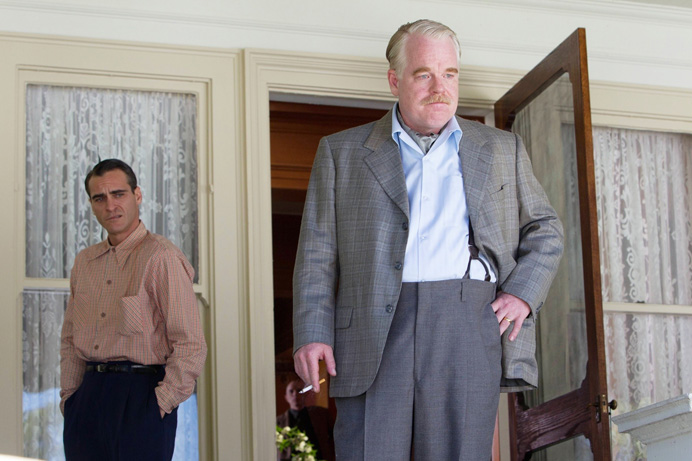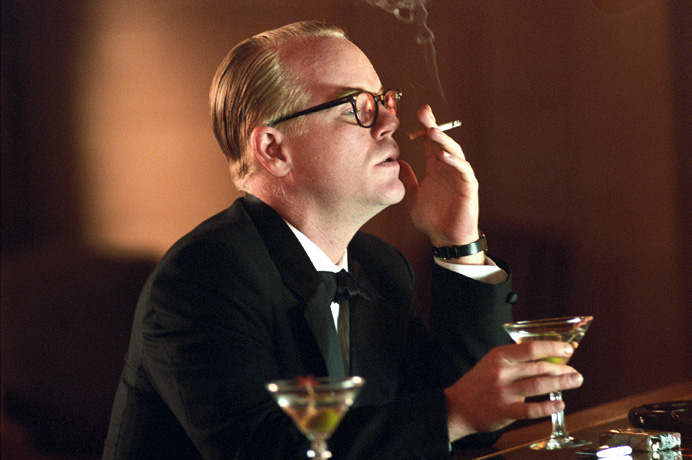
I’ve also done an (imaginary) interview with Steven Spielberg. That one is cool too.
White people hate Spike Lee and I have no idea why. When I was in film school, they brought in this huckster guy to talk to us about producing, and he mentioned Spike Lee, and then, as an aside, he made sure to tell us that he doesn’t think Mr. Lee is talented. Things like that happen all the time and I don’t get why.
When I was seventeen, Spike Lee’s Do the Right Thing was my favorite movie, if you can believe it. At that time I was exploring American independent and foreign ‘cinema’. They say the best way to be an atheist is to read the bible. Well, the best way to love real movies like Back to the Future is to watch French movies and American indies. However, in small ways, Do the Right Thing holds up for me. It’s definitely Spike’s most complete movie—it has arcs and a brilliant ensemble. The compositions and camera movements are mind-blowing, and it does a great job of making you feel like you’re on the block. It’s alive and adventurous—it’s filled with music and color and jokes and fun—not to mention, some very touching human moments. In fact, the only thing it really lacks is clarity. It’s so much of a hang-out movie that you end up having to accuse it of loitering. But, I’ll always have an affection for it, and I’ll never call it a bad movie.
Continue reading An (Imaginary) Interview with Spike Lee



